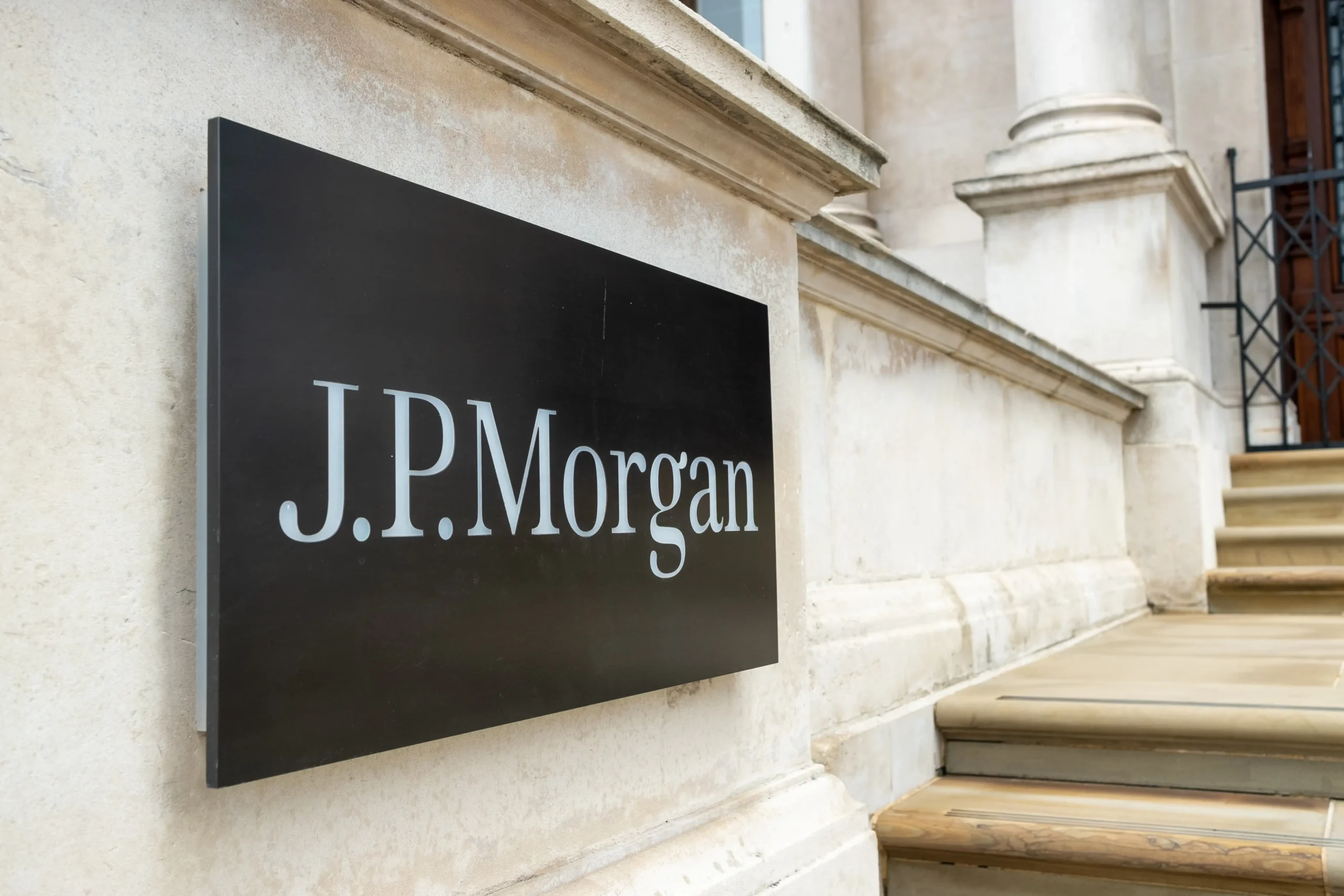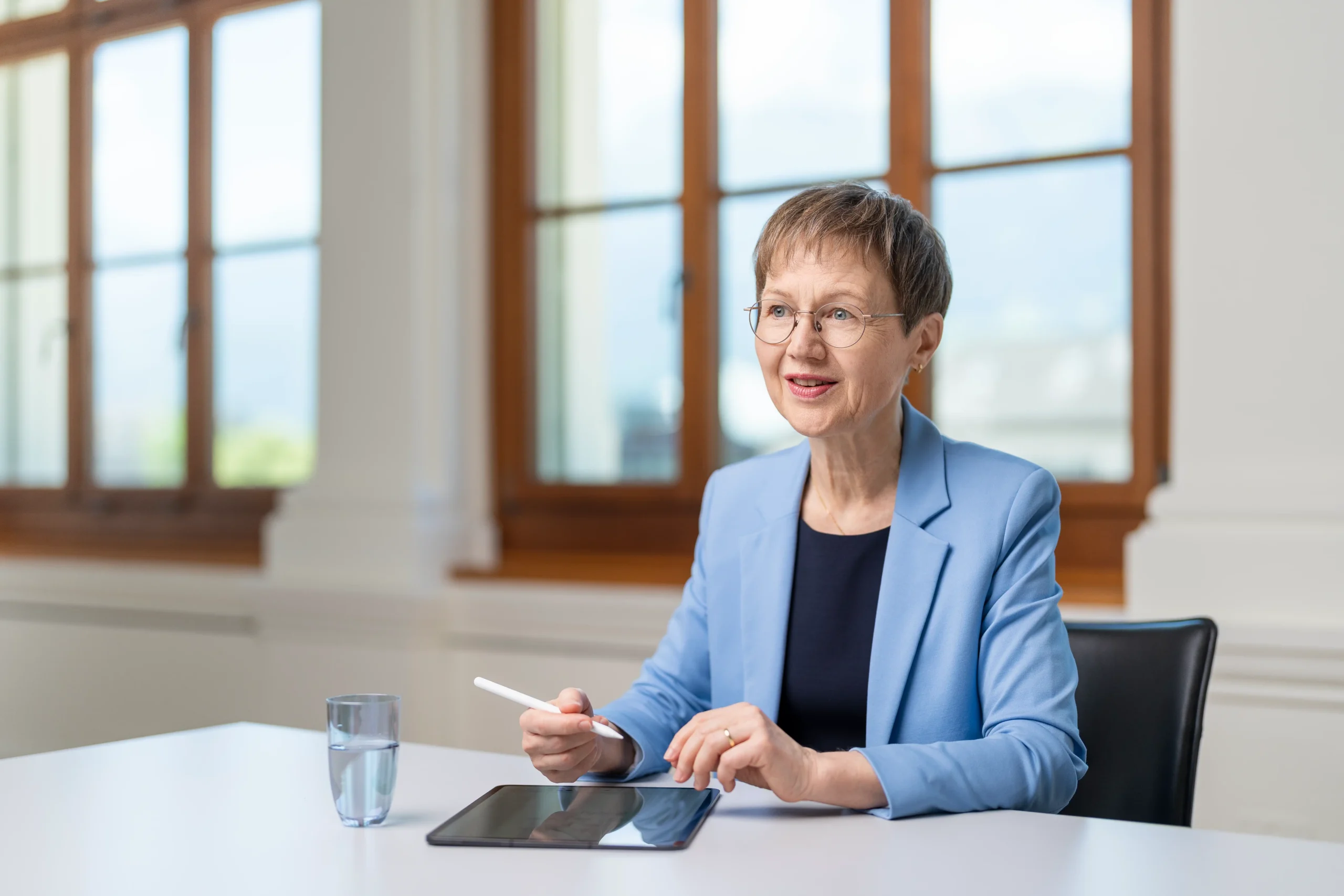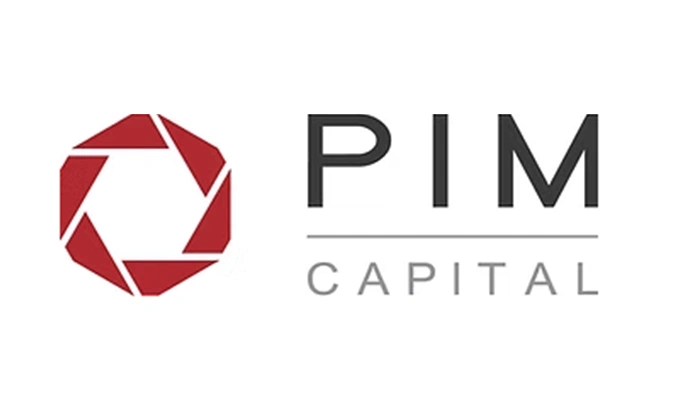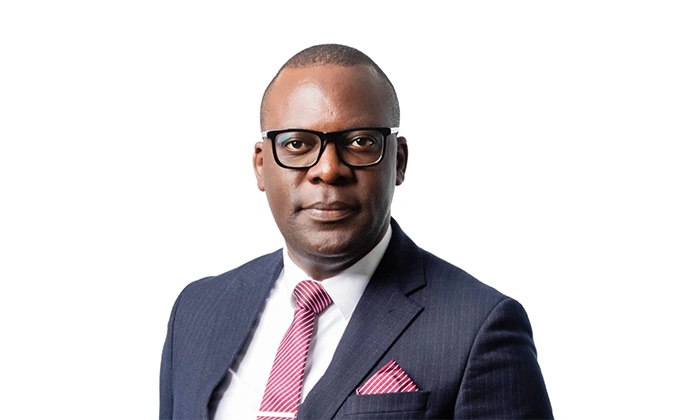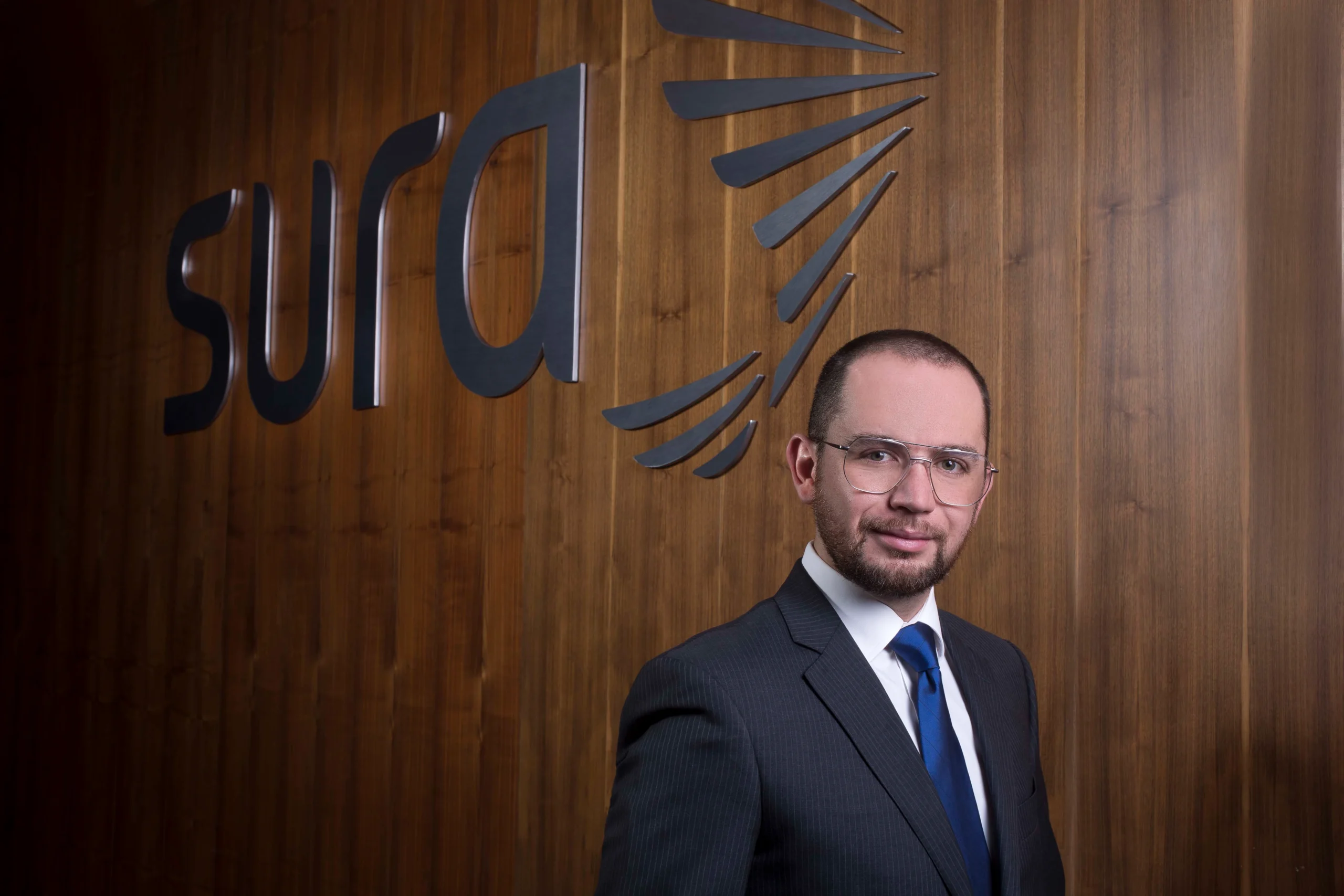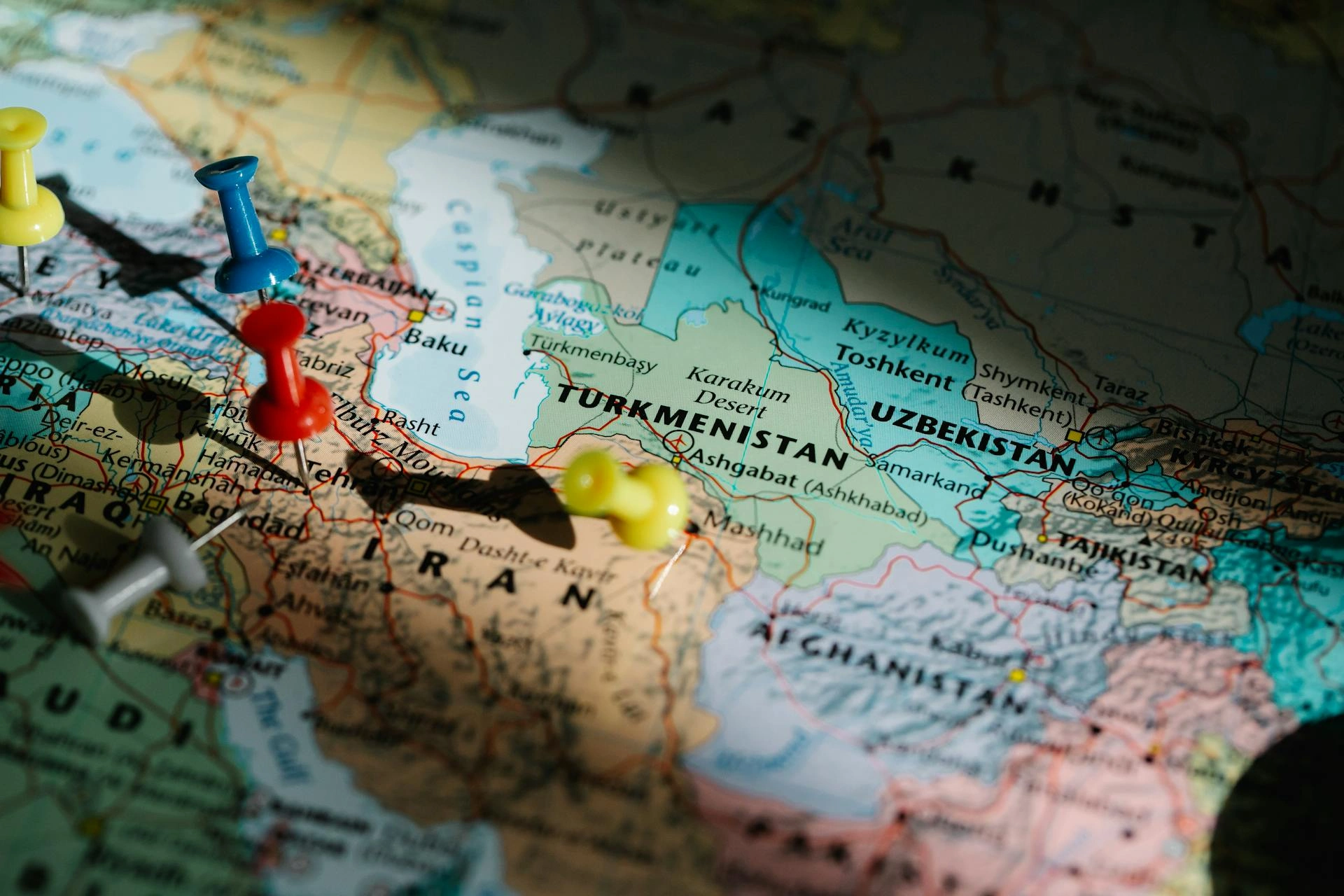Increasing gender diversity across the financial services

John E. Kaye
- Published
- Banking & Finance, Home


Emiranda Winter, CCO at Al Ahli Bank of Kuwait, describes the bank’s progressive culture and why every woman should be looking for career enhancement
The banking industry has predominantly been a male-dominated sector with relatively few women taking up roles. However significant efforts are now being made to improve gender balance in the financial services industry. Mindsets are shifting, and as a result of hard work and commitment, progress is beginning to be reflected in the numbers.
As a leading financial services organisation in the Middle East, Al Ahli Bank of Kuwait (ABK) takes its responsibility to ensure gender equality within the bank very seriously. Across our industry, the male-female ratio is around 66%-34%, whereas the ratio at ABK is around 58%-42%.
Gender-diverse organisations do better. That’s the overwhelming conclusion of a recent landmark McKinsey study ‘Delivering through Diversity’. The report’s authors concluded that companies in the top quartile for overall gender diversity are 21% more likely to have industry-leading profitability compared to companies in the bottom quartile. At the opposite end of the scale, companies in the fourth (bottom) quartile on both gender and ethnic diversity are 29% more likely than companies in the other three quartiles to underperform on profitability.
While we are proud of our figures, we know that diversity isn’t just a matter of hitting quotas and ticking boxes. True diversity is only achieved when all the voices within an organisation are empowered to speak and are heard. According to BCG Henderson Institute’s study, ‘How Diverse Leadership Teams Boost Innovation’, people with diverse backgrounds and experiences, “often see the same problem in different ways and come up with different solutions, increasing the odds that one of those solutions will be a hit”.
According to ‘Why Diverse Teams Are Smarter’, published in the Harvard Business Review, real diversity improves decision-making. “Diverse teams are more likely to constantly re-examine facts and remain objective,” the authors write. Working with people who are different to you, “may challenge your brain to overcome its stale ways of thinking and sharpen its performance”.
In the financial services industry specifically, greater gender diversity could also help organisations change the prevailing culture. According to PwC’s study ‘Female Millennials in Financial Services’, many organisations are still finding it difficult to root out aspects of their culture that could lead to excessive risk-taking or regulatory breaches. But, in gender diversity lies the solution: “Attracting more women at all levels of the organisation could provide the catalyst for a real shift in attitudes and behaviour,” the authors write.
There is another huge upside to increased gender diversity that should not be overlooked. According to PwC’s study, more than 87% of female millennials in financial services say an employer’s policy on diversity, equality and inclusiveness is important when choosing whether to work for them.
Work/life balance
Improvements in gender representation across all levels of an organisation are an important step forward. The upcoming challenge for financial institutions is to increase the number of women in senior managerial positions and in boardrooms. Old-fashioned workplace environments coupled with unconscious bias and lack of sponsorship has created a glass ceiling in the workplace for women. An extensive survey of women in managerial and senior leadership roles across the Gulf Cooperation Council (GCC) conducted by PwC in partnership with Pearl Initiative highlighted that only 45% find it feasible to achieve a positive work/life balance and combine a high-power career with family. Even though three quarters of respondents feel that their families are supportive of their education and career, they are still hampered by traditional role models, and there is little evidence to suggest social attitudes are changing. Women can be empowered by knowing a work/home life balance is achievable.
According to an ACCA report entitled ‘Women in Finance: Beyond the numbers’, women account for 2% of board positions across the GCC countries. The latest report by NAMA Women Advancement Establishment and The Pearl Initiative reports that the percentage of women in the workforce has increased from 27 to 32%.
To further support this dynamic, the industry must encourage women to take advantage of all the opportunities for professional development available to them. With a more diverse talent pool and improved human capital, firms can ensure the best possible group of candidates sit at their helm, driving organisational excellence.
We work to ensure that our talent pool of highly capable female professionals is unhindered in their climb up the career ladder, providing training, opportunities and support. As more and more women reach senior positions, their colleagues in mid-ranking positions and those just starting out in their career will start to believe that they too can reach the top. Those women who are in senior positions, play a key role in advocacy, challenging bias, influencing corporate culture and evolving employment policies to make them more supportive of women.
In 2018, ABK signed the Women’s Empowerment Principles (WEPs) ‘Equality Means Business’ pledge, an initiative of UN Women to achieve gender equality. Since then, the number of women in our workforce has increased by 7.2%; doubling women’s representation in the executive cluster across the ABK Group.
ABK: Driving gender parity
The onset of Covid-19 has uncovered the value of a flexible, adaptable and innovative workforce. We at ABK have long recognised this value and reaped the rewards of driving gender parity across the Group’s operations. The results are measurable, and the effects tangible. Our approach has encouraged more forward thinking, seeding a more positive workplace culture, greater connections with clients and partners and improved competencies across roles. Strategically advocating, enforcing and celebrating diversity and providing every professional an equal chance, regardless of gender, is key to setting the standards for cultivating professionalism not only in the banking sector but across all industries.
At ABK, we are dedicated to not only nurturing existing talent but inspiring and driving a new generation of female leaders who will bring socio-economic growth in Kuwait. ABK is committed to fostering a diverse and inclusive environment where all employees, including women, can thrive. We will continue to invest in socially responsible programmes and solutions that address the gender equality gap, in line with the United Nations and Kuwait Vision 2035.
Further information
abk.eahli.com
RECENT ARTICLES
-
 J.P. Morgan launches first tokenised money market fund on public blockchain
J.P. Morgan launches first tokenised money market fund on public blockchain -
 Aberdeen agrees to take over management of £1.5bn in closed-end funds from MFS
Aberdeen agrees to take over management of £1.5bn in closed-end funds from MFS -
 Enterprise asset management market forecast to more than double by 2035
Enterprise asset management market forecast to more than double by 2035 -
 EU Chamber records highest number of entries for 2025 China Sustainable Business Awards
EU Chamber records highest number of entries for 2025 China Sustainable Business Awards -
 Inside Liechtenstein’s strategy for a tighter, more demanding financial era
Inside Liechtenstein’s strategy for a tighter, more demanding financial era -
 ‘Stability, scale and strategy’: Christoph Reich on Liechtenstein’s evolving financial centre
‘Stability, scale and strategy’: Christoph Reich on Liechtenstein’s evolving financial centre -
 Bridging tradition and transformation: Brigitte Haas on leading Liechtenstein into a new era
Bridging tradition and transformation: Brigitte Haas on leading Liechtenstein into a new era -
 Liechtenstein in the Spotlight
Liechtenstein in the Spotlight -
 Fiduciary responsibility in the balance between stability and global dynamics
Fiduciary responsibility in the balance between stability and global dynamics -
 Neue Bank’s CEO on stability, discipline and long-term private banking
Neue Bank’s CEO on stability, discipline and long-term private banking -
 Research highlights rise of 'solopreneurs' as technology reshapes small business ownership
Research highlights rise of 'solopreneurs' as technology reshapes small business ownership -
 Philipp Kieber on legacy, leadership and continuity at Interadvice Anstalt
Philipp Kieber on legacy, leadership and continuity at Interadvice Anstalt -
 Building global-ready funds: how South African managers are scaling through offshore platforms
Building global-ready funds: how South African managers are scaling through offshore platforms -
 Global billionaire wealth hits record as relocation and inheritance accelerate, UBS finds
Global billionaire wealth hits record as relocation and inheritance accelerate, UBS finds -
 Human resources at the centre of organisational transformation
Human resources at the centre of organisational transformation -
 Liechtenstein lands AAA rating again as PM hails “exceptional stability”
Liechtenstein lands AAA rating again as PM hails “exceptional stability” -
 Lusaka Securities Exchange surges ahead on reform momentum
Lusaka Securities Exchange surges ahead on reform momentum -
 PROMEA leads with ESG, technology and trust in a changing Swiss market
PROMEA leads with ESG, technology and trust in a changing Swiss market -
 Why collective action matters for pensions and the planet
Why collective action matters for pensions and the planet -
 Structuring success with Moore Stephens Jersey
Structuring success with Moore Stephens Jersey -
 PIM Capital sets new standards in cross-jurisdiction fund solutions
PIM Capital sets new standards in cross-jurisdiction fund solutions -
 Innovation, advisory and growth: Banchile Inversiones in 2024
Innovation, advisory and growth: Banchile Inversiones in 2024 -
 Digitalization, financial inclusion, and a new era of banking services: Uzbekistan’s road to WTO membership
Digitalization, financial inclusion, and a new era of banking services: Uzbekistan’s road to WTO membership -
 Fermi America secures $350m in financing led by Macquarie Group
Fermi America secures $350m in financing led by Macquarie Group -
 Banchile Inversiones receives three prestigious international awards
Banchile Inversiones receives three prestigious international awards

